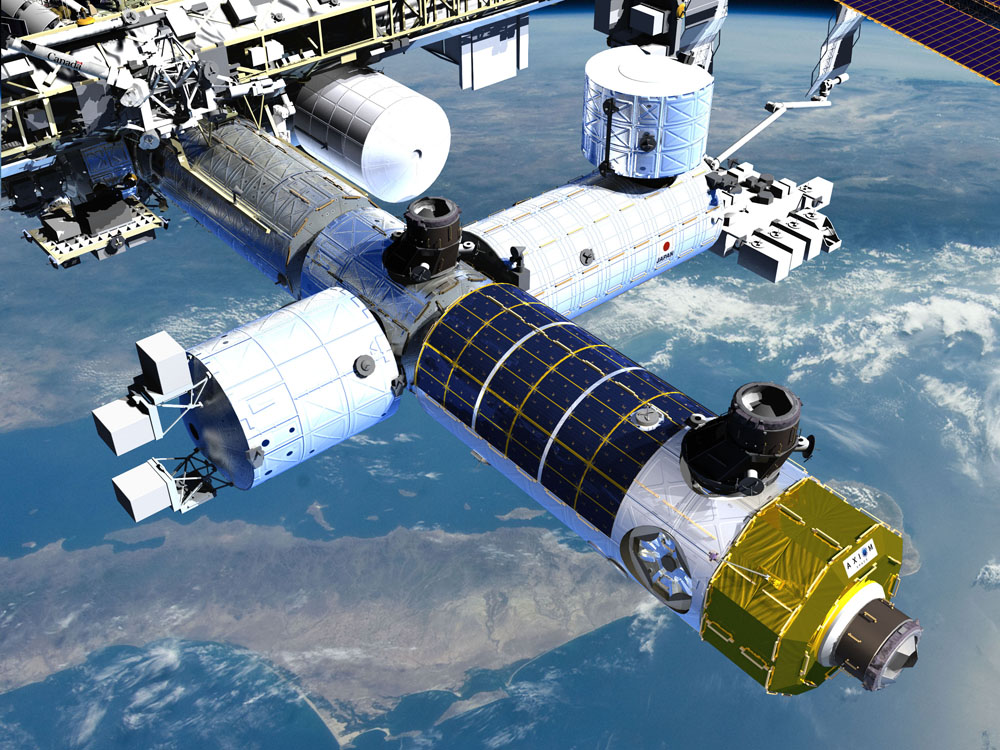Work is underway to establish the world's first private, international commercial space station, a complex that would serve a global community of sovereign and private astronauts.
The builders of the Axiom International Commercial Space Station aim to enlarge the landscape of low-Earth orbit, to create what they view as a "historic shift" in human spaceflight.
Making a space outpost available to nations, organizations and individuals could help make living and working in Earth orbit commonplace and support the exploration of deep space, Axiom representatives said. [6 Private Deep Space Habitats Paving the Way to Mars]
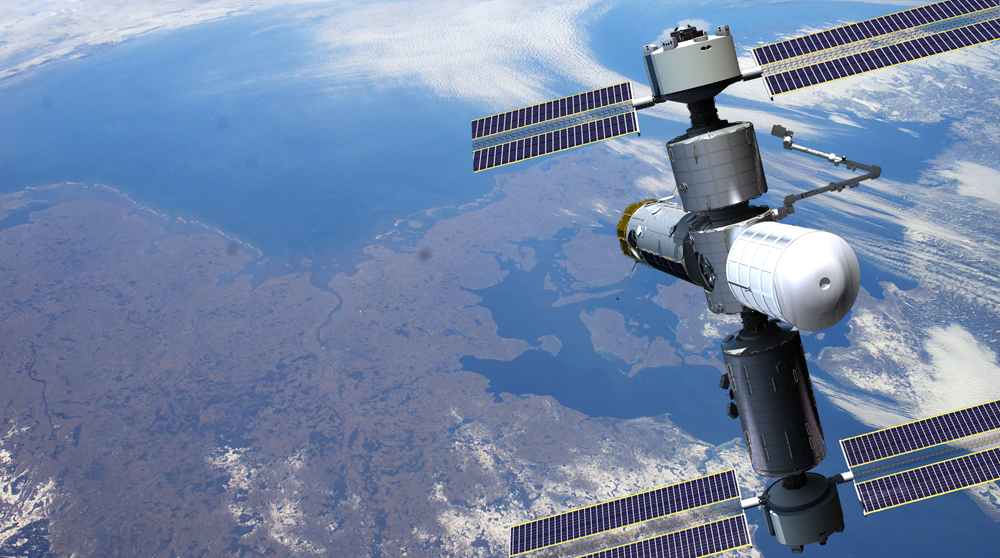
A busy 2017
, vpsd Houston-based, said thecompany the International Space Station's (ISS)
The goals are to build an orbiting outpost that will ent agency and-, Blachman said.
This year, Axiom's to-do list is hefty.
"We are now deep into conversations with our first nonsovereign astronaut customers," Blachman told Space.com in an exclusive interview. Axiom has begun conversations with 20-plus countries, he said, and is also working out the details with its first research and manufacturing tenant.
By 2017, Axiom wants to have contracts in place to start driving revenue and project advancements, Blachman said. Furthermore, by closing first and second rounds of funding this year, the group can start construction of the Axiom space station in earnest, he said.
"The pace is quick," Blachman said. "We're answering a demand that's clearly there … The demand is there; the need is there."
NASA now spends more than $300 million a year on ISS research, he added. [Building the International Space Station (Photos)]
In mid-January, Axiom partnered with Made In Space, an enterprising California-based company that has created 3D-printed products on board the ISS.
One aspect of that partnership is to work out the logistics of in-space manufacturing — how best to outfit an in-space factory with equipment, utilities, power and thermal management to handle prospective customers, Axiom Space representatives said.
"In-space manufacturing provides a unique class of products beneficial to the communications, materials and biomedical industries on Earth," Axiom Space President and CEO Michael Suffredini, a former NASA ISS program manager, said in a company statement.
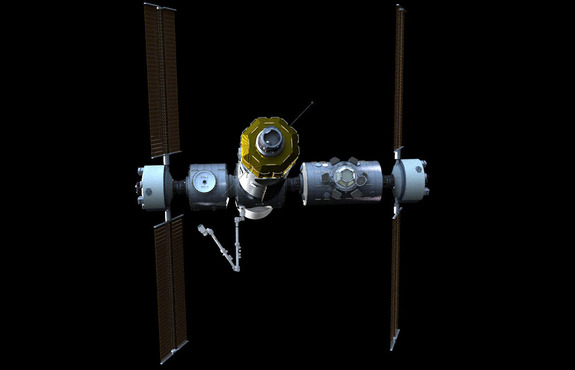
Commercial module
For now, the ISS is funded through at least 2024. Though an ISS de-orbit planhas been scripted, NASA officials have said they hope the $100 billion structure's life gets extended to 2028. That would be 30 years after the first ISS modules were launched into Earth orbit.
"As you can imagine, we keep our ear very close to the rail on that," Blachman said. "We have to operate on the assumption that the ISS could be de-orbited in 2024 … perhaps deorbited sometime after that. There are structural and operational limitations, specifically the growing cost to maintain the ISS."
Blachman said that it currently costs about $7.5 million to support each astronaut every day on the ISS, "and we come in far below that." Axiom intends to start flying space travelers to the ISS in mid-2019, "and that means we start to train them in 2017," he said. "They will get the same level of training as NASA astronauts. They will be qualified to use all elements of the station."
Axiom's plan, which has been approved by NASA, calls for the company to attach its first commercial module to the ISS in late 2020. In the 2024-2028 time frame, that module would be detached from the ISS to help shape the Axiom commercial space station.
"That all goes back to whether the station is decommissioned in 2024 or later," Blachman said. "It changes the shape of our cash curve, but it doesn't change the operability of the business. It's still a highly profitable and very large business."
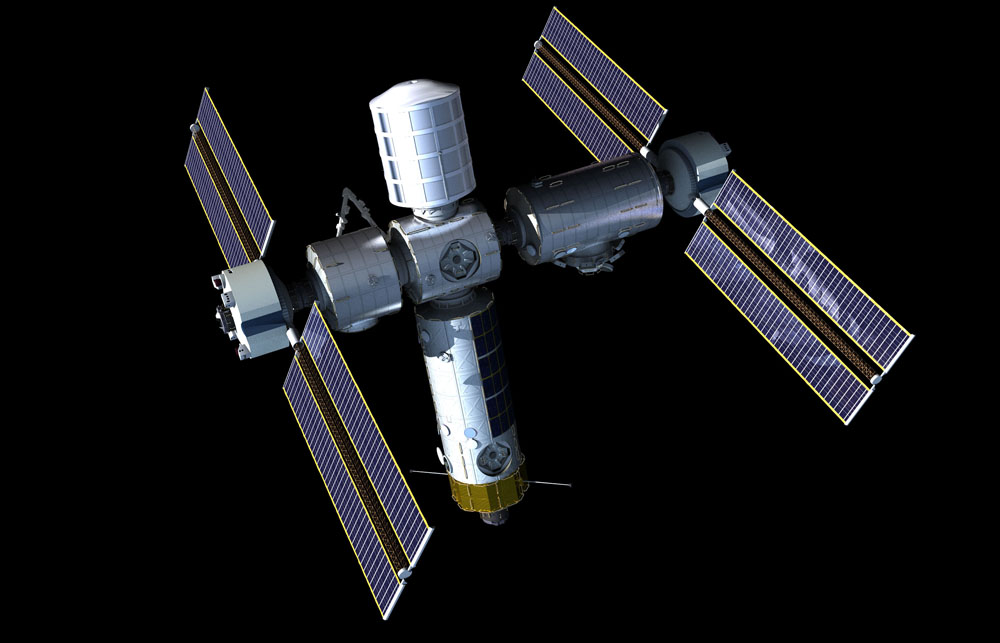
Tried-and-true technologies
The Axiom International Commercial Space Station undertaking would also comprise tried-and-true technologies, Blachman said. The private orbiting facility would benefit from years of lessons learned with the ISS life-support systems and take advantage of modernized software and hardware, Blachman said.
"We're the private company that's going to continue the ISS legacy, so to speak," Blachman said. The lack of a plan for a replacement government-operated space station when the ISS is de-orbited bolsters that view, he added.
"Our government and our agencies recognize that commercial is really the way to go," Blachman said.
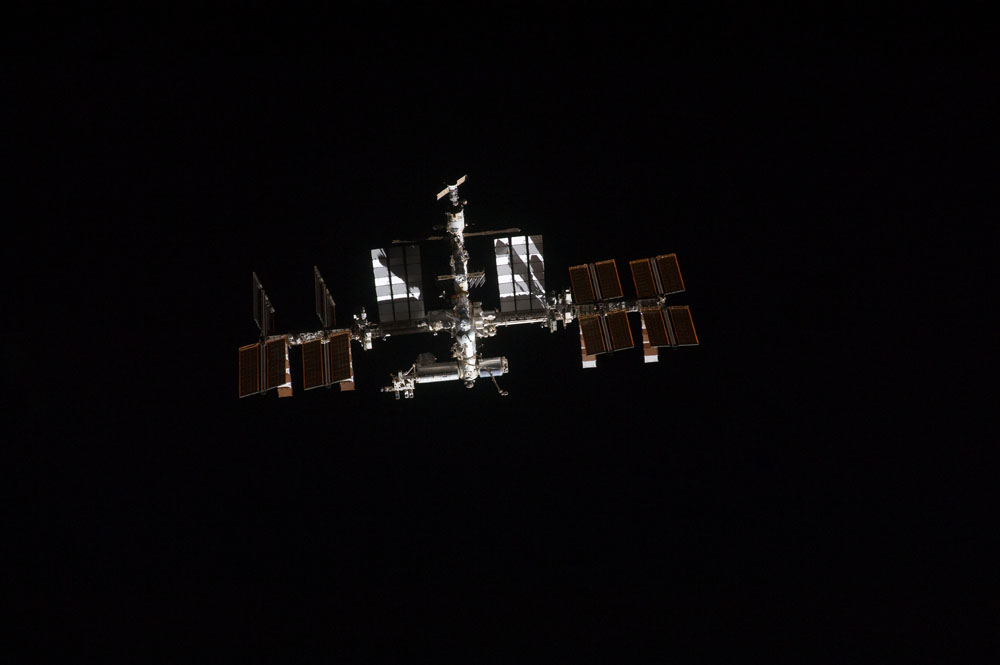
Revenue streams
A private space station "is likely an idea whose time has come," said Dylan Taylor, a leading angel investor of private space endeavors.
"There are several revenue streams that are near and present that could support a private space station," Taylor said, "including in-space manufacturing, microgravity research and tourism — for both individuals and sovereign nation astronauts — and in-space supply logistics."
Taylor told Space.com that it is a capital-intensive exercise, "but for the right team and architecture, coupled with patient capital, the revenue streams are there."
"If international governments do not vote to extend the life of the ISS, then a commercial substitute will be needed," said Derek Webber, author of the newly released book "No Bucks, No Buck Rogers: Creating the Business of Commercial Space" (Curtis Books, 2017).
Axiom isn't the only company vying to provide this commercial successor. Las Vegas-based company Bigelow Aerospace, for example, is building huge expandable space habitats that could serve a variety of customers. The company is currently testing a prototype habitat, known as the Bigelow Aerospace Bigelow Expandable Activity Module (BEAM), on the ISS.
"Bigelow has given a great start to the space tourism hotels initiative, both by demonstrating free-flying prototypes in orbit and coordinated operations with NASA in the case of Bigelow's BEAM initiative," Webber said.
"Axiom would build on this," Webber said, "and I look forward to seeing how they will provide for the needs of future orbital space tourists. The introduction of private space station hotels will create new opportunities, and indeed roles, for next-generation astronauts," he said.
Quelle: SC

